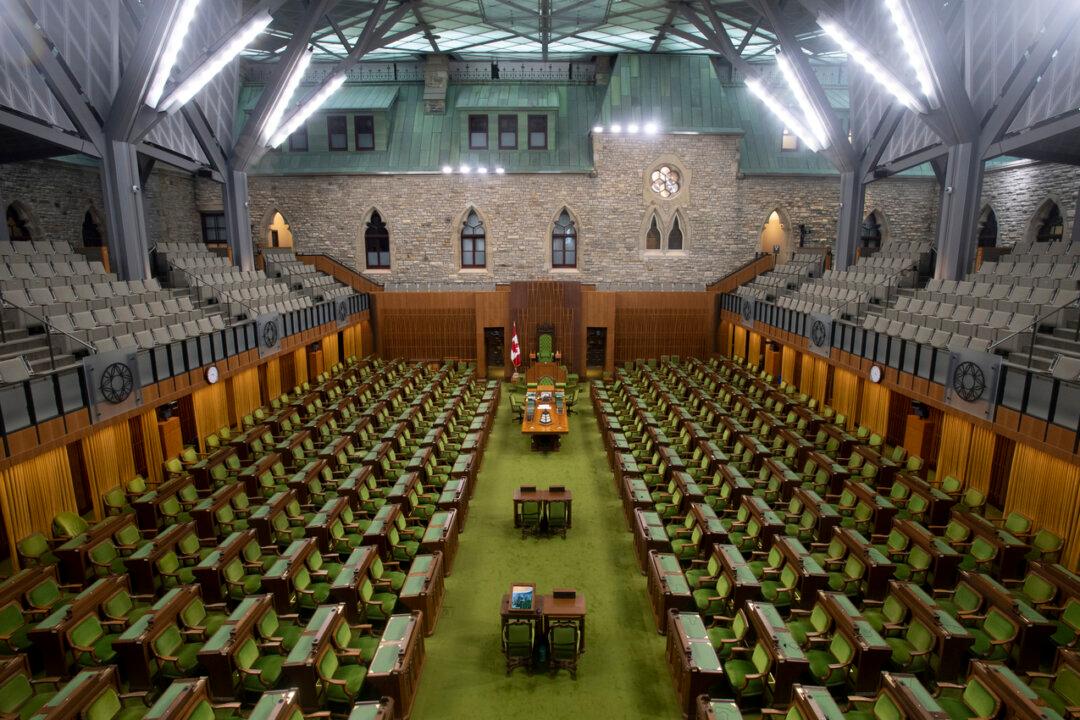Commentary
With a new census in the bag, Elections Canada has unveiled its plan to redistribute parliamentary seats to a cheery national chorus of “it’s not fair to my region.” But don’t worry. It’s also bad for democracy.

With a new census in the bag, Elections Canada has unveiled its plan to redistribute parliamentary seats to a cheery national chorus of “it’s not fair to my region.” But don’t worry. It’s also bad for democracy.